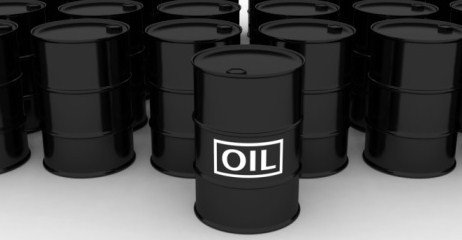As the cost of Brent crude hit $100 a barrel for the first time since 2008 this week, one of the UK’s biggest energy buyers said the political unrest in Egypt has given traders the reason they’ve been looking for to inflate oil prices.
Analyst David Hunter from M&C Energy Group said: “The Brent crude oil price has been inching towards the $100/barrel level for weeks now, and M&C predicted it would breach the target.
“All traders needed was a specific reason, and the spreading of North African political unrest towards the Middle East has been the catalyst.”
Mr Hunter added: “There are concerns over possible disruption to supply from the Gulf states, particularly via Egypt’s Suez canal, which sees as much as four million barrels pass through each day by tanker or pipeline.
“Although unlikely, should this vital supply route be cut, there would be major implications for European supply of oil, and potentially liquefied natural gas.
“In recent days and weeks, we have seen prices at the pump head towards record levels in the UK, and a scandal in domestic heating oil just before Christmas. While OPEC and Saudi Arabia are moving to reassure Western consumers that supply is plentiful, the effects of the $30 gain in oil prices since the summer are being felt in the wallets of already stretched British consumers.”
Egypt this week posted extra guards along the Suez Canal to protect the vital shipping lane and the SuMed pipeline, which runs alongside the canal. Very large crude carrier cannot transit the canal fully loads, so send oil through the pipeline and reload it at the Mediterranean end.
The knock-on effect of oil hikes on UK motorists continues to plague Prime Minister David Cameron, who is under pressure to introduce a fuel price stabiliser, where the rate of duty is cut as oil prices rise, and increased as they fall.
In recent weeks Mr Cameron has suggested that he wants to see a stabiliser introduced, but Chancellor George Osborne opposes such a move.
However, this morning Mr Cameron told BBC1’s Breakfast News: “What we are trying to do is have a system where, when the oil price goes up, we share the difficulty of that with the motorist. I think that’s fair. That’s what we are going to try to do.”
This may pave the way for a fuel price stabiliser being introduced in next month’s Budget.





